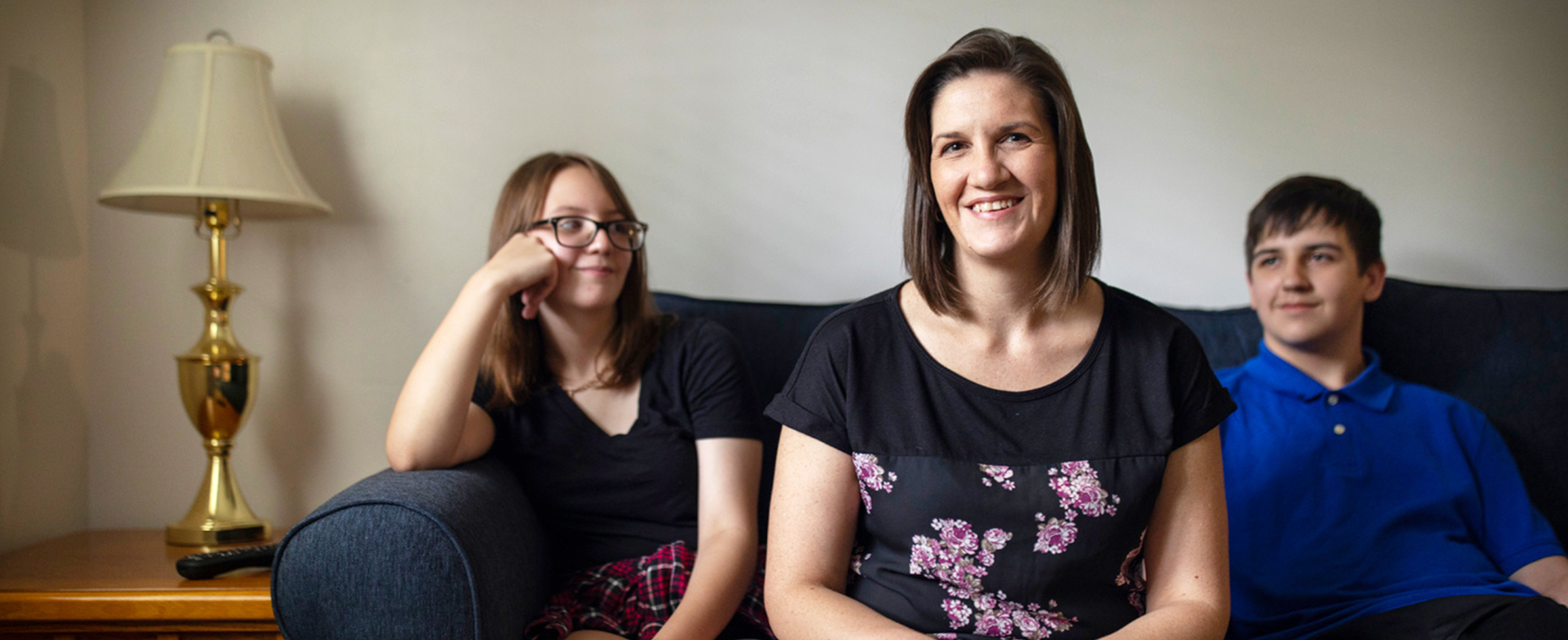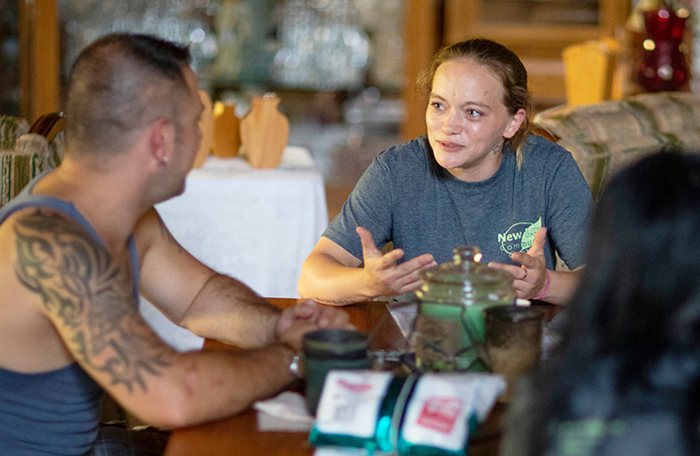Circling to UpliftIn Westmoreland County, the community foundation is leading giving circles that realize the philanthropic potential of donors and the self-sufficiency potential of those in need.

Karla Ball was a stay-at-home mom when her marriage ended. With no support, she moved into her mother’s house and worked three jobs. She, with her two children, has attended nearly every meeting of Mothers Making More for the last two years for support, education and socializing. Meeting topics include budgeting, cooking and banking. She is now an accounting major at Seton Hill University.
FOR JODI FOWLER, A SCIENTIST, the principles of philanthropy are now elementary. “Philanthropy is strategic — an investment with a social return,” she says, summing up her experience as one of 15 donors in the 2018/19 Giving Circle organized by The Community Foundation of Westmoreland County. “Rather than just mailing a check, the sessions with experts and organizations seeking grants let us engage in the process of determining who receives funding and how much funding to give.”
This is music to the ears of CFWC Executive Director Philip Koch. While Giving Circles are about leveraging money — the donors raised $16,000 among themselves, supplemented by $300,000 from a Richard King Mellon Foundation grant — they are equally about “educating donors to reach their full philanthropic potential,” says Koch. “We want our community donors to have the same experience as a foundation program officer. This is not a one-and-done donation, like a Facebook click for someone’s birthday. We want donors to become involved in the organizations.”
CFWC’s first Giving Circle, in 2017, addressed the opioid epidemic. This one, which ran from Nov. 2018 through March 2019, was focused on supporting vulnerable populations. The donors split into subgroups that evaluated organizations in four categories: Economic Opportunity & Workforce Development, Children Living in Poverty, Mental Health & Well-Being Services, and Food Insecurity. They interviewed executive directors and staff, heard from subject matter experts and conducted site visits. Diana Neiderhiser, who like Jodi Fowler was part of the 2017 Giving Circle, appreciated the extensive involvement. “I personally felt like I grew with this Giving Circle,” says Neiderhiser, a pharmacist. “We learned to ask better questions and get better answers.”
The Giving Circles embrace the goals of 100 Percent Pittsburgh, the organizing principle that guides about 60% of Pittsburgh Foundation grantmaking. In force since 2014, it prioritizes funding programs and services to provide new opportunities for the 30% of the Pittsburgh region’s population that has been left out of a revitalized economy to become full participants. The 14 organizations that received funding through the Giving Circle fit that bill.
The Mon Valley Alliance successfully pitched its Job Readiness and Professional Licensing Project; 724 Food Rescue and the Westmoreland County Food Bank won support for their plans to address basic food security; and the Union Mission’s Men’s Shelter Program received funding to expand from 14 to 24 beds.
Mothers Making More (M3), a program of Westmoreland Community Action, is dedicated to helping single mothers, primarily through supporting their education. “I am very proud to be able to give a hand up, not a hand out,” says Carlotta Paige, program manager of M3. “This is not an entitlement program and it’s not crisis intervention. These are women who are making a commitment to change their lives, and we are helping them do it.”
M3 has served nearly 150 women since its 2010 launch; 23 are currently enrolled. The Giving Circle funding will increase the program capacity by 10. “I know each and every one,” says Paige. “These are efficient women. They manage their lives without the support that people in a two-parent family may take for granted.” By stepping in with concrete help — from scholarships for tuition to transportation at key moments — “we help women who are working to take it to the next level.” The January 2019 Pittsburgh Foundation study on single mothers in the Pittsburgh region bolsters the aims of M3. Among the report’s key findings: “Outside support is crucial. There are systemic barriers preventing single mothers from getting ahead. Child care is unaffordable. And overall there is a stigma attached to utilizing services.” Paige believes that M3 succeeds because it treats the women “as their friends. We are there to give direct support.”
My New Leaf is a Recovery Community Organization in the rural community of Bolivar. “Everyone is welcome here, no matter what kind of treatment program they are in,” says Kim Botteicher. She volunteers at the center, while running K&K Flowers and Coffee in the same building. Its Giving Circle grant will fund the Assertive Community Engagement project, which helps adults in rural areas address addiction-related physical and mental health needs.

Ray Brannon is the COO of My New Leaf, founded in 2015 by his son, Ryan, while Ryan was a student at Indiana University of Pennsylvania. The idea came out of the many addiction deaths he witnessed. “Our approach is to address the weakest points in the addiction-through-recovery cycle by providing an open-door approach” says Ray. “We have weekly peer-based meetings that address the needs of individuals and families. We have done this with a totally volunteer staff that includes recovery coaches and certified recovery specialists.”
CFWC will lead another Giving Circle in 2020, also dedicated to supporting vulnerable populations, but with a tighter scope. “We may just focus on children living in poverty or families involved in the criminal justice system,” says Executive Director Koch. The overall goal remains the same: “We want our donors to dive deep into the subject matter. And we want them to realize that you don’t have to be a powerful industrialist to have an impact.”
Original story appeared in the Forum Quarterly Summer 2019.
